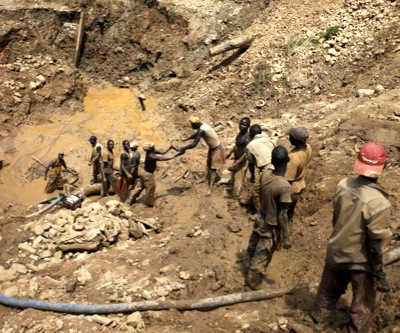
Brian Chitemba immense linguistic diversity with about 2 000 indigenous languages. It is home to many well sought after minerals such as gold, diamond, coltan, platinum and many other precious stones.
But despite the arable agriculture land and rich mineral resource, Africa has high levels of poverty with the United Nations estimating that about 490 million are living below the poverty line of less than US$1,9 per day.
This is something to worry about as the continent celebrates the 20th anniversary of the African Union (AU) which was established in 2002 to succeed the Organisation of African Unity (OAU) which was formed on May 25, 1963.
The theme for this year is “Strengthening resilience in nutrition and food security on the African continent”. With the astonishing levels of poverty, African governments have food security challenges to grapple with. Some of the factors for the food shortages are related to harsh weather conditions due to climate change while in some cases misgovernment and corruption are blamed for the poor socio-economic status of a number of nations, including Zimbabwe,
The World Bank estimates that over seven million Zimbabweans live in extreme poverty. The depreciating Zimbabwe dollar and stratospheric prices of goods are causing untold suffering on the ordinary citizen.
Is this the ideal Africa that the early nationalists and anti-colonial fathers like Ghana’s Nkwame Nkrumah and Julius Kambarage Nyerere of Tanzania fought for? No! The fight against white supremacist oppression was to achieve economic and political freedoms. Nyerere was passionate about humanism and a social egalitarian society.
But the current crop of African leaders has created a system which only empowers those in office while impoverishing the masses. Essentially, the last crop of nationalists currently in many African governments has widened the gap between the rich and poor. Rulers and their acolytes are living lavishly while the masses are wallowing in poverty. But both the rulers and the poor participated in the struggle for independence.
In many African countries such as the Democratic Republic of Congo and Mozambique, there is instability due to poverty as the ordinary people bitterly complain about the plunder of natural resources to benefit multinational conglomerates.
- Chamisa under fire over US$120K donation
- Mavhunga puts DeMbare into Chibuku quarterfinals
- Pension funds bet on Cabora Bassa oilfields
- Councils defy govt fire tender directive
Keep Reading
In Zimbabwe and other countries such as South Africa, the rulers have created an oligarchy with massive wealth. The poor have nothing to celebrate. Class cleavages are evident.
African governments have to intentionally empower communities through transparent use of natural resources to benefit the masses instead of a few powerful elites. The high numbers of people flocking to Europe and the Americas, for menial jobs is a betrayal of the sacrifices made by those who fought for freedom across the continent.











